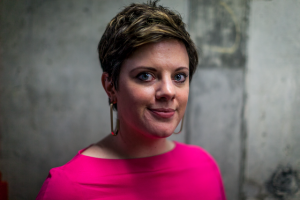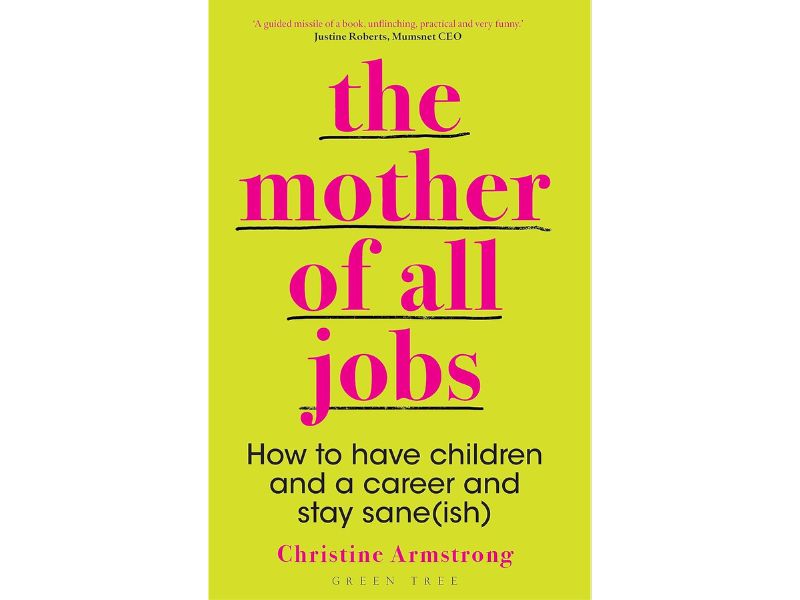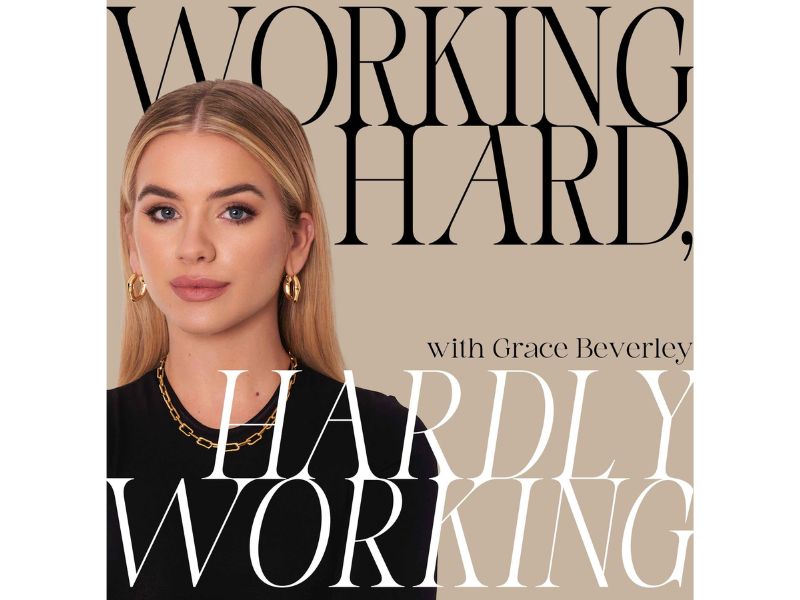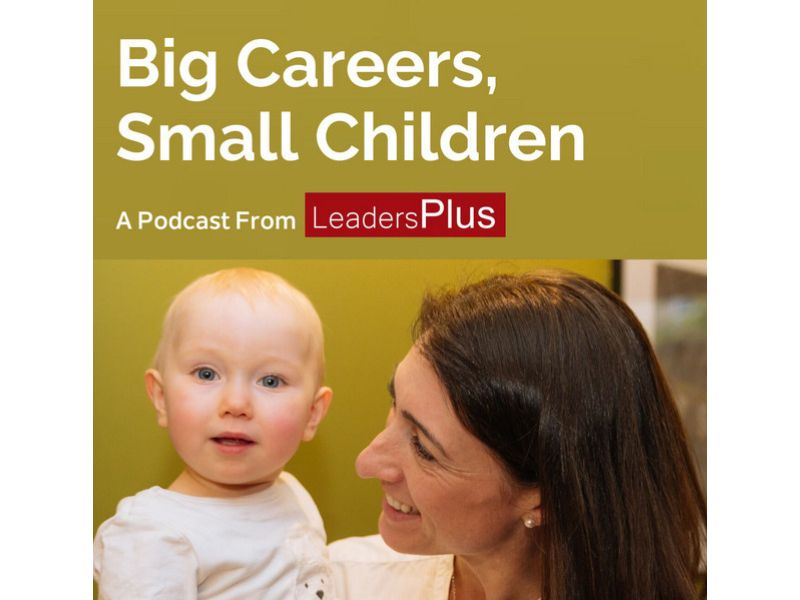Hannah Johnson, managing director, Blue State, London
 As I write this, I am almost seven months pregnant. I’ve reached the part where having a baby has gone from an abstract concept to having a room in the house full of tiny things and a bump moving on its own.
As I write this, I am almost seven months pregnant. I’ve reached the part where having a baby has gone from an abstract concept to having a room in the house full of tiny things and a bump moving on its own.
And almost half of the pregnancy thus far has been in the middle of a global pandemic. But honestly, that’s not been the trickiest thing to navigate during this time.
Being part of the two per cent.
I have always wanted children. I am also ambitious – I love my job. There are so many women out there who feel the same. And yet of around 285,000 couples every year eligible for shared parental leave, take up is around just two per cent.
We are planning to do things differently. I thought our decision would be uncomplicated, but some of the reactions have shocked me.
When the baby comes, we plan to take a couple of months off together. I’ll then return to work and my husband will be the primary carer. He’s planning to take 9-12 months out depending on how he feels. I’ll be working a mix of 3-5 days a week so I can support him.
“You don’t know how you’ll feel, after.”
What people don’t tell you about parenthood is how much people need to offer their opinions (fully aware that this is what I’m doing now, of course).
People tell you what you must do/avoid, and share endless resources and tips. Some of this is helpful of course, but not all.
But yes I don’t know exactly how I’ll feel about returning to work after having a baby. But I do know, if I was a man taking two months out and then phasing my return to work it’d be likely seen as positive – perhaps even pioneering, an example of making well-balanced choices.
As a woman I’ve been greeted with tutting, raised eyebrows and silence. One friend admitted ‘this will show you who your real, supportive friends are.’
I’m not necessarily trying to make a political statement here or say what is right for me and my partner is for others. But I do want to shed some light on the illusion of choice across the board.
Here in the UK, paternity pay beyond two weeks is not guaranteed. The pay gap continues to widen – an average of 17 per cent and as high as 47 per cent – and women make up just six per cent of CEOs in Britain’s top 100 organisations.
It feels disheartening. The cold hard facts are not telling us as women that anything is possible. They are telling us we may still need to choose.
Challenging assumptions
I have a close friend who, after having children, was keen to leave work at 4pm (seems reasonable as a teacher) but had an employer unwilling to accommodate her request. She gave an emotional departure speech to the next generation looking into the eyes of girls who felt their possibilities and opportunities were endless.
“We tell you that you can achieve anything,” She said, “but right now that feels like a lie. That when you come to have children some choices may be made for you.”
Amongst my friends and family, I have seen otherwise equal relationships struggle when kids arrive. The assumption that, in mixed sex relationships, a woman will take 12 months off, will be the primary carer, will go part-time, will reduce their work responsibilities just somehow returns again.
I don’t disagree with any of these choices. But then, the rate of uptake of shared leave; the number of women being made redundant when pregnant; women struggling with their career advancement and pay parity suggests that these might not be true ‘choices’. Instead, they’re a sort of ‘default mode’.
Discussing change
On our second date, I asked my now partner how he felt about balancing family and work life and doing something a bit different. I wanted to see his reaction (which was positive) and to understand if he was open to exploring new possibilities in the years to come – this was 11 years ago (!).
My friends whom are in same sex partnerships seem to have approached things differently as they are navigating newer circumstances and weighing up different options and compromises. I know one couple where each parent took six months out. Not every option is open to everyone . But it’s heartening to see some new ideas and ways of thinking emerge. A consensus on how we manage this will only be formed once people start making these different choices. .
Once discussions around ways of living can move to something other than Coronavirus, I hope that there will be a renewed focus at a government level on the value of flexibility in family and working life. We now understand that so much more than the status quo is not only possible, but beneficial.
I know that as it stands, it’s much easier to explain an ideal set of circumstances before reality enters the picture – I have no doubt in parenthood some things we’ll navigate well and other elements we’ll fail at and learn a lot quickly.
But wouldn’t it be better all round for there to be an openness toward decisions such as ours? Can we start to support and champion people who try to find new ways to make it work?
About the author
 Hannah leads our European clients, office and operations driving the team to deliver new and exciting work for leading organisations we’re passionate about around the world.
Hannah leads our European clients, office and operations driving the team to deliver new and exciting work for leading organisations we’re passionate about around the world.
Since joining the Blue State team four years ago, Hannah has helped develop new clients in the brand (Reckitt Benckiser, Lloyds Banking Group), charity (Movember Foundation,UNICEF, Battersea Cats & Dogs Home, UNHCR, Plan International) and government & advocacy sectors (Cabinet Office, Home Office, Equality & Human Rights Commission, Four Paws).
Working in marketing, with a specialism in digital, for the last 13 years, Hannah led award-winning global initiatives for Netflix, Expedia and Jaguar – a project with the United Nations led Hannah to focus on change initiatives helping Ben & Jerry’s and Organix refine their social missions in Europe and building digital literacy and capabilities across UNICEF and the United Nations across the globe.
If you are a job seeker or someone looking to boost their career, then WeAreTheCity has thousands of free career-related articles. From interview tips, CV advice to training and working from home, you can find all our career advice articles here.








